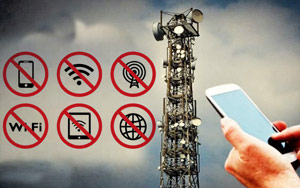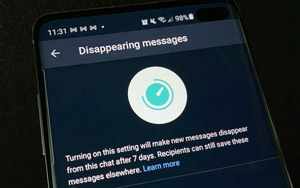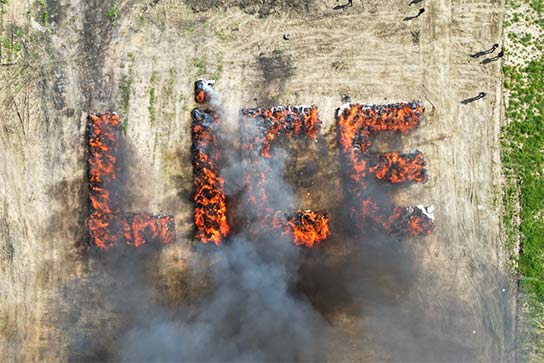Nearly 70 per cent of the internet shutdowns globally in the year 2020 were reported in India, states the latest report of Access Now, a non-profit organization that works for online freedom and digital rights. Out of the 155 cases of internet disruptions, 109 were happened in India, followed by Yemen with six instances. This has been declared the third consecutive year India has topped the list.
The report focused on "Shattered Dreams and Lost Opportunities," which said that not less than 29 nations deliberately shut down or slowed the internet throughout 2020 regardless of "increased demand due to the coronavirus".
To state a fact, Internet shutdowns last year in India cost it a whopping amount of $2.8 billion, according to estimates by Top10VPN, a digital privacy research group. According to the report titled The Global Cost of Internet Shutdowns, while the economic cost of internet shutdowns globally in 2020 was $4.01 billion, down by 50 per cent from 2019, for India it almost doubled from $1.3 million last year.
The Access Now report stated further, "India imposed the lion’s share of internet shutdowns in 2020, topping the global shame list -- just as it did in 2018 and 2019," and also mentioned the continual disruption in Jammu and Kashmir, which did not allow 4G internet access throughout 2020. Restrictions in Kashmir, the longest internet shutdown in a democracy, have adversely affected businesses, schools and the distribution of medicine.
The report also highlighted the fact that how vaguely the orders for internet shutdowns were passes, implemented and asked for more transparency while going further.
It said that the most used rationale for a shutdown in India in the course of the year was "precautionary measure", mentioning that it invokes risk to nationwide safety, to curtail the unfold of misinformation, amongst others. Well, it also questioned what government statements are and what they actually reflect.
"However, governments rarely mean what they say when it comes to internet shutdowns. When officials say they are using shutdowns to fight "fake news" or hate speech, it may possibly mask an try to cover or distort info round political instability, obscure police clashes or focused assaults, that happen throughout communal violence, or cease folks from organising protests," it added.










